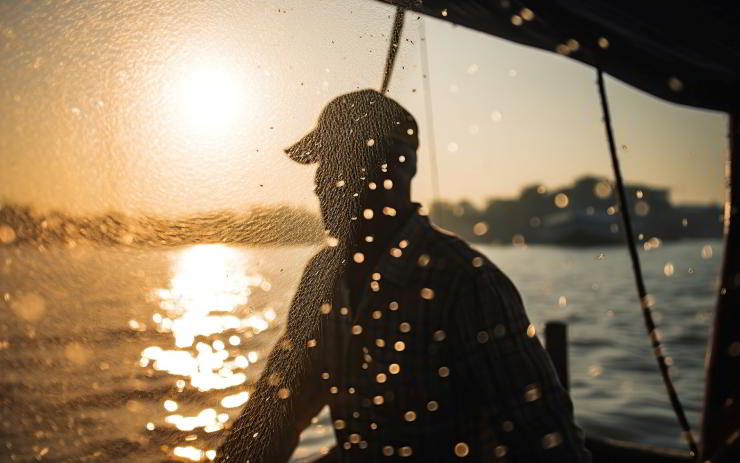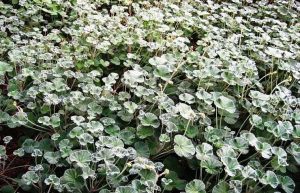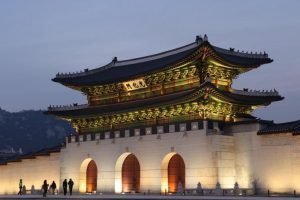In September, Donald Trump blew up three boats, calling the 17 passengers on board ‘dangerous terrorists and drug traffickers’ from the Tren de Aragua gang. A Comboni missionary living in one of the high-cocaine-producing areas sent us the following reflection.
For over 20 years, we Comboni Missionaries have been present in Tumaco, Colombia, one of South America’s major centres for cocaine production and trafficking. Our seaside parish is mainly inhabited by fishermen. Pollution, rubbish, thousands of tonnes of sawdust dumped into the sea by carpenters, petrol, and the noise of numerous engines at Tumaco’s port have increasingly driven fish away from the city, causing fishermen to venture into the open sea. This tradition has been passed down through generations, making our fishermen highly skilled and knowledgeable about the sea and its secrets.
Over the years, many fishermen have visited the parish seeking a blessing before their “voyage”: often tasked with transporting cocaine on motorboats to the coasts of Mexico or nearby Central American countries, they come to seek protection from the “Virgen del Carmen,” patron saint of seas and sailors.
A blessing is never refused, but these people possess faith as strong as their recklessness. What motivates their journeys? Their hopes are quite shared: building a better home for their mother, sending their children to school, especially university, and settling debts. Some occasionally return with a substantial sum of money to show off to the neighbourhood, but most disappear: some do not return, some are murdered immediately after their goods reach their destination, and others are arrested as dangerous criminals and remain imprisoned in North America for years.
Those who come back serve as a sort of “bait and switch,” discouraging other unwary travellers and helping keep their hopes alive. We work with as many locals, especially youths, as possible through liberating education and the creation of small communities based on faith and action. We have seen many young people grow into individuals with life plans that oppose evil, but sadly, many are lured by money, the power of armed groups, and the acceptance of injustice and corruption.
These journeys are carefully organised, and all involved are well compensated (including police and military) to ensure the goods reach their destination. Drugs are illegal, yet millions in the US use them and suffer addiction. There is always a set limit for how much can be brought in. From time to time, a trip fails, but this is used by politics and the media to promote the narrative of combating drug trafficking.
The eyes of those who choose to travel are filled with fear and hope: they trust and set off. They receive blessings from their mothers, wives, children, and parish priests. When we hear news of a speedboat destroyed by the US military, we think of those eyes, that faith, their dreams. Of course, they are complicit too, but they are merely pawns in much larger schemes. We see them as victims of the deadly system they are forced to live in.
The true terrorists and dangerous traffickers usually travel in first class, always possess valid visas, residence permits, or have even acquired citizenship. Those who dirty their hands on these perilous journeys—sweating petrol and salt—do not deserve to be destroyed as collateral damage in strategic power plays or treated as mere news headlines. (Photo:123rf)









